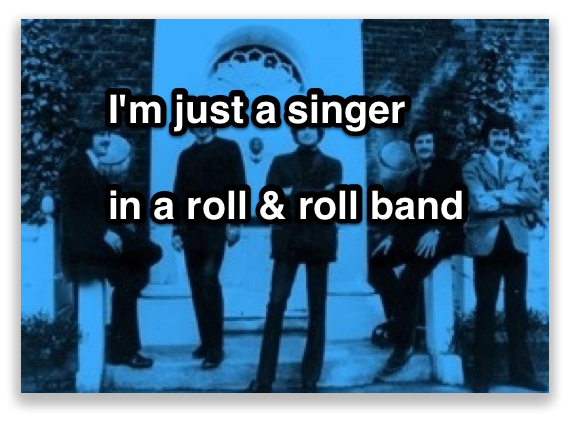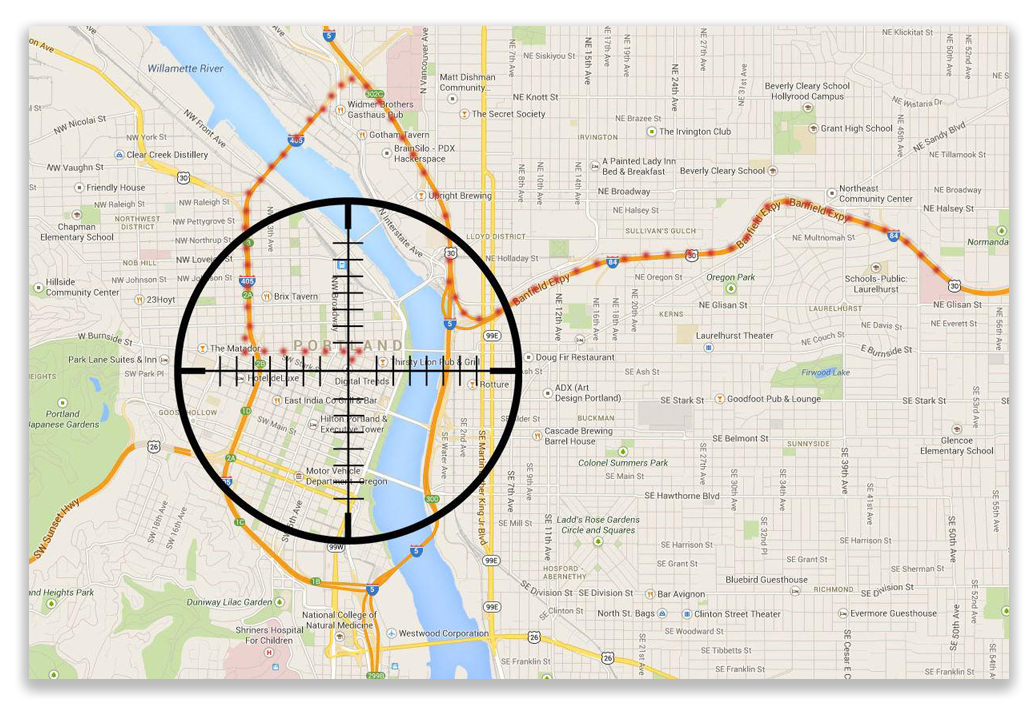We post news and comment on federal criminal justice issues, focused primarily on trial and post-conviction matters, legislative initiatives, and sentencing issues.
SUPREME COURT DECIDES TWO FORFEITURE ISSUES, GRANTS CERT ON CELLPHONE DATA QUESTION

The Supreme Court was busy yesterday – as it will be all this month – deciding two cases that relate directly or indirectly to the monetary side of sentencing and granting certiorari in a Detroit robbery case on a cutting-edge cellphone data issue.
In Honeycutt v. United States, a 6th Circuit case, the Court held that forfeiture under the Comprehensive Forfeiture Act of 1984, 21 USC § 853(a)(1), which requires forfeiture of any property “constituting, or derived from, any proceeds the person obtained, directly or indirectly, as the result of” some drug crimes, is limited to property that the defendant himself actually obtained as the result of the crime.
This means that the statute cannot require forfeiture by Terry Honeycutt, the petitioner in the case, who was a clerk at his brother’s grain and feed store. Terry and his brother sold large quantities of an iodine-based water purification product that they knew could be used to manufacture methamphetamine. Terry had no ownership interest in his brother’s store and did not personally benefit from the illegal sales. Despite this, the government asked the district court to hold Terry jointly and severally liable for the profits from the illegal sales and sought a judgment of $69,751.98, the profits from the conspiracy. The district court refused, holding that Terry was a salaried employee who had not received any profits from the sales.
The 6th Circuit reversed, holding that the brothers, as co-conspirators, were jointly and severally liable for any conspiracy proceeds.
Yesterday, the Supreme Court said that because forfeiture under 21 USC § 853(a)(1) is limited to property the defendant himself actually acquired as the result of the crime, a court cannot order forfeiture from Terry Honeycutt, who had no ownership interest in his brother’s store and made nothing from the sales.
Honeycutt v. United States, Case No. 16-142 (June 5, 2017)

The Securities and Exchange Commission has authority to investigate violations of federal securities laws and to bring enforcement actions in district court if its defendant “disgorge” illegal profits and pay civil fines.
 In 2009, the SEC brought an enforcement action against Charles Kokesh, arguing he has violated securities laws by concealing $34.9 million he had unlawfully pocketed from four business- development companies from 1995 to 2009. The Commission asked for civil penalties and disgorgement.
In 2009, the SEC brought an enforcement action against Charles Kokesh, arguing he has violated securities laws by concealing $34.9 million he had unlawfully pocketed from four business- development companies from 1995 to 2009. The Commission asked for civil penalties and disgorgement.
A jury found for the SEC, but the district court held that a 5-year limitations period in 28 USC § 2462 applied to the monetary civil penalties but not the disgorgement. The 10th Circuit agreed, holding that disgorgement was neither a penalty nor a forfeiture.
Yesterday, the Supreme Court reversed the 10th Circuit, concluding that SEC disgorgement operates as a penalty under the terms of 28 USC § 2462. Therefore, any claim for disgorgement in an SEC enforcement action must be commenced within five years of the date the claim arose. Because a lot of what Kokesh did was older than 5 years when the suit was brought, those sums will have to be carved out of the district court award.
The decision could have favorable implications for some forfeiture and restitution issues in federal criminal cases.
Kokesh v. SEC, Case No. 16-529 (June 5, 2017)

Finally, the Court granted certiorari and agreed to review a 6th Circuit decision in which Timothy Carpenter was convicted of multiple counts of aiding and abetting the use of a gun in a series of cellphone store robberies. Tim was the lookout man/getaway driver, and did not carry a gun himself.
 Tim was convicted on six counts of robbery after police combed through a month’s worth of location points collected by cell towers and placed him near storefronts where armed robberies occurred. Relying on the Stored Communications Act, which allows phone companies to disclose records when the government provides “specific and articulable facts showing that there are reasonable grounds to believe” that records at issue “are relevant and material to an ongoing criminal investigation,” the government got an order to obtain phone records for 16 phone numbers, including Tim’s cellphone. The several months’ worth of historical cell-site records received showed which cell towers were linked to which cellphone while it was in use. The records allowed the government to determine that, over a five-month span in 2010 and 2011, Tim’s cellphone connected with cell towers in the vicinity of the robberies.
Tim was convicted on six counts of robbery after police combed through a month’s worth of location points collected by cell towers and placed him near storefronts where armed robberies occurred. Relying on the Stored Communications Act, which allows phone companies to disclose records when the government provides “specific and articulable facts showing that there are reasonable grounds to believe” that records at issue “are relevant and material to an ongoing criminal investigation,” the government got an order to obtain phone records for 16 phone numbers, including Tim’s cellphone. The several months’ worth of historical cell-site records received showed which cell towers were linked to which cellphone while it was in use. The records allowed the government to determine that, over a five-month span in 2010 and 2011, Tim’s cellphone connected with cell towers in the vicinity of the robberies.
Tim argued in district court and at the 6th Circuit that the records should be suppressed because the government had not obtained a warrant for them. The 6th rejected Tim’s argument that disclosure of his phone records was a search for which the government needed a warrant, holding cellphone companies collect the location data “in the ordinary course of business” for their own purposes. What’s more, the Circuit said, Tim had no reason to think his cellphone records would be kept private, the court explained, because the records only show his cellphone connecting to specific cell towers, without providing any information about the content of his calls.
The U.S. Supreme Court picked the Carpenter case from a thundering herd of similar cert petitions to rule on the question of whether law enforcement is required to obtain a probable-cause court warrant to access such cellular location data.
“Because cell phone location records can reveal countless private details of our lives, police should only be able to access them by getting a warrant based on probable cause,” Nathan Wessler, a staff attorney with the ACLU Speech, Privacy and Technology Project said in a statement. “The time has come for the Supreme Court to make clear that the longstanding protections of the 4th Amendment apply with undiminished force to these kinds of sensitive digital records.”
Carpenter v. United States, Case No. 16-402 (certiorari granted on June 5, 2017)
International Business Times, Can Police Track Your Phone Without Warrant? Supreme Court To Decide On Location Data (June 5, 2017)
Amy Howe, Justices to tackle cellphone data case next term, SCOTUSBlog.com (June 5, 2017)
– Thomas L. Root


